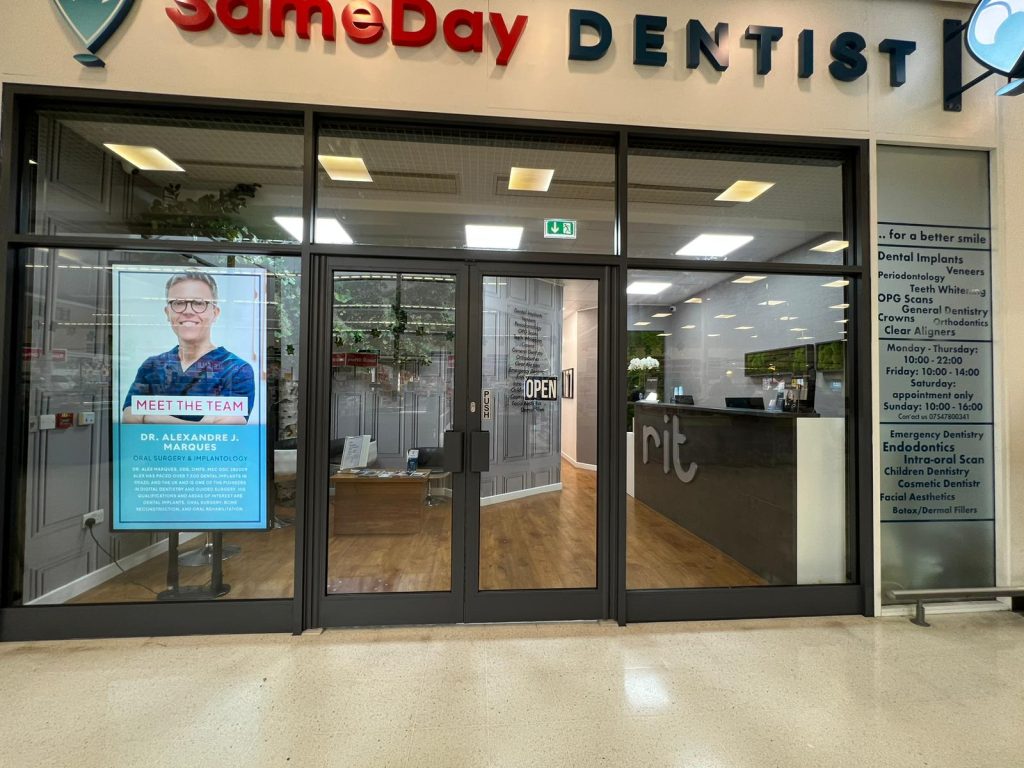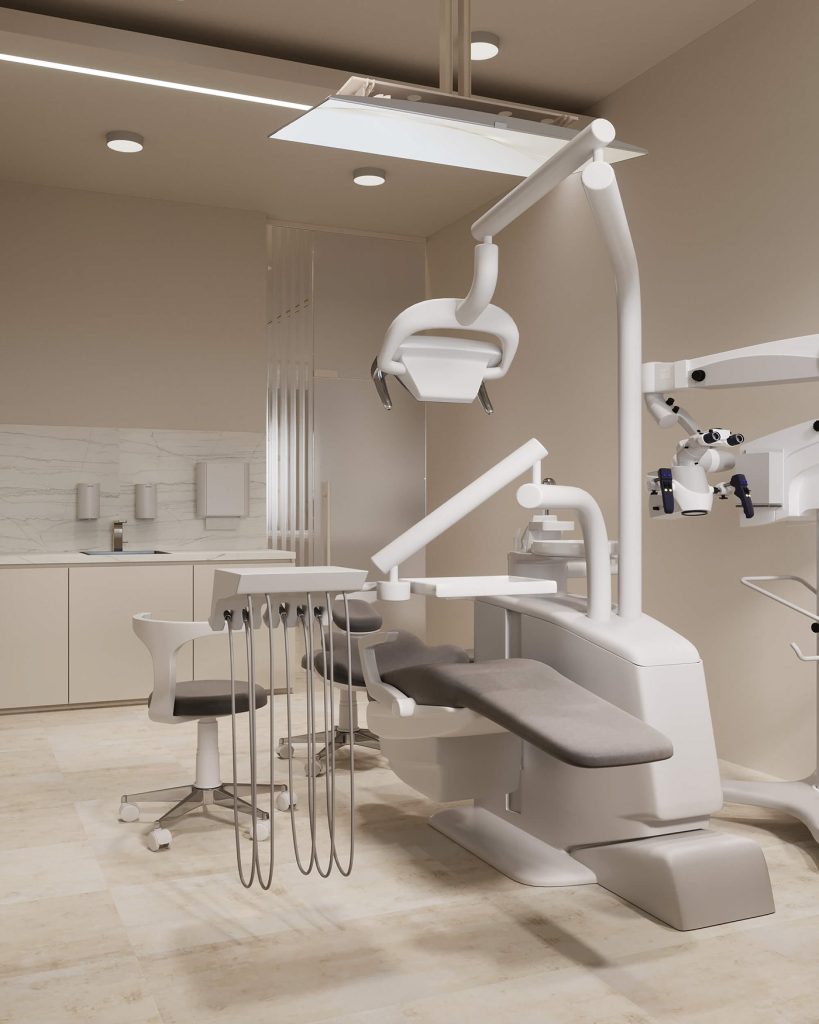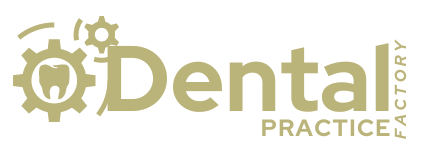Opening a dental practice office is an exciting venture that comes with its challenges and rewards. From equipment to staffing, there are various factors to consider when estimating the costs involved. In this article, we’ll break down the expenses associated with launching a dental practice office, offering insights and considerations for aspiring dentists.

Table of Contents
| Sr# | Headings |
|---|---|
| 1 | Understanding the Initial Investment |
| 2 | Location Matters |
| 3 | Equipment and Technology |
| 4 | Staffing and Human Resources |
| 5 | Regulatory and Licensing Costs |
| 6 | Marketing and Branding |
| 7 | Operational Expenses |
| 8 | Financing Options |
| 9 | Return on Investment (ROI) |
| 10 | Conclusion |
| 11 | FAQs |
1. Understanding the Initial Investment
Starting a dental practice office requires a significant initial investment. This investment encompasses various aspects, including leasing or purchasing office space, acquiring equipment, hiring staff, obtaining necessary licenses, and setting up marketing initiatives. Understanding these upfront costs is crucial for effective financial planning.
2. Location Matters
The location of your dental practice plays a pivotal role in determining the overall cost. Urban areas typically have higher real estate prices and operating costs compared to suburban or rural locations. Additionally, factors such as accessibility, competition, and target demographics should be considered when selecting a location for your practice.
3. Equipment and Technology

Investing in high-quality equipment and modern technology is essential for delivering top-notch dental services. From dental chairs to X-ray machines and digital record-keeping systems, the cost of acquiring and maintaining these tools can vary significantly. However, prioritizing quality equipment can enhance patient experience and streamline operations in the long run.
4. Staffing and Human Resources
Building a competent team is key to the success of any dental practice. The cost of staffing includes salaries, benefits, training, and ongoing professional development. Hiring skilled and dedicated professionals, including dentists, hygienists, assistants, and administrative staff, is vital for providing excellent patient care and maintaining operational efficiency.
5. Regulatory and Licensing Costs
Operating a dental practice entails complying with various regulatory requirements and obtaining necessary licenses and permits. These costs may include state dental board fees, malpractice insurance, infection control protocols, and continuing education credits. Staying abreast of regulatory changes and investing in compliance is essential for ensuring the legality and legitimacy of your practice.
6. Marketing and Branding
Establishing a strong brand presence and marketing your dental practice is essential for attracting and retaining patients. Marketing expenses may include website development, online advertising, print materials, and community outreach initiatives. Investing in effective marketing strategies can help differentiate your practice and generate awareness among potential patients.
7. Operational Expenses
In addition to upfront costs, ongoing operational expenses contribute to the overall cost of running a dental practice. These expenses encompass rent or mortgage payments, utilities, insurance premiums, supplies, maintenance, and taxes. Monitoring and managing operational costs diligently are critical for maintaining profitability and sustainability over time.
8. Financing Options
Financing the establishment and operation of a dental practice office can be facilitated through various channels. Options may include traditional bank loans, Small Business Administration (SBA) loans, equipment leasing, lines of credit, and private investors. Exploring different financing options and understanding their terms and implications can help you make informed decisions aligned with your financial goals.
9. Return on Investment (ROI)

Assessing the return on investment is essential for evaluating the financial viability and success of your dental practice. ROI factors in revenue generation, patient retention, operational efficiency, and long-term growth prospects. Tracking key performance indicators and analyzing financial metrics can provide insights into the effectiveness of your investments and strategies.
10. Conclusion
Opening a dental practice office involves a substantial financial commitment, encompassing various expenses from initial setup to ongoing operations. By understanding the costs involved and implementing strategic planning and management practices, aspiring dentists can navigate the challenges and capitalize on the opportunities associated with owning and operating a successful dental practice.
11. FAQs
Q1: What are the typical startup costs for opening a dental practice?
A1: Startup costs for a dental practice can vary widely depending on factors such as location, size, equipment needs, and staffing requirements. However, estimates suggest that initial investments can range from $250,000 to over $500,000.
Q2: Are there financing options available for aspiring dentists?
A2: Yes, aspiring dentists have access to various financing options, including bank loans, SBA loans, equipment leasing, lines of credit, and private investors. Exploring these options and understanding their terms is crucial for making informed financial decisions.
Q3: How important is location when opening a dental practice?
A3: Location is paramount when opening a dental practice as it can significantly impact patient traffic, competition, and operational costs. Choosing a strategic location that is accessible and meets the needs of your target demographics is essential for success.
Q4: What are some key regulatory requirements for operating a dental practice?
A4: Regulatory requirements for operating a dental practice include obtaining state licenses, adhering to infection control protocols, maintaining malpractice insurance, and fulfilling continuing education obligations. Staying compliant with regulations is essential for legal and ethical practice.
Q5: How can dentists measure the success of their practice?
A5: Dentists can measure the success of their practice by assessing various metrics such as patient satisfaction, revenue growth, profitability, staff retention, and community engagement. Regularly tracking performance indicators and seeking feedback from patients and staff can help gauge success and identify areas for improvement.
By addressing these frequently asked questions, aspiring dentists can gain valuable insights into the complexities and considerations involved in opening and managing a dental practice office.









